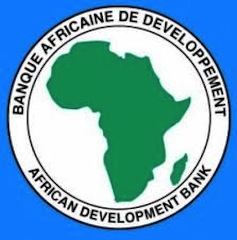South Sudan acquires $400m African Development Bank loan
July 29, 2024 (JUBA) – South Sudan has acquired a $400 million loan from the African Development Bank (AfDB) to boost an economy facing very high inflation.
The country’s Finance minister, Marial Dongrin Ater said they reached a deal with the AfDB to obtain money meant to enhance agriculture as well as business.
“We have signed off a $400 Million agreement with AfDB to support businesses countrywide. We are calling upon all eligible business owners, companies, and organizations to apply for this funding opportunity. The goal of this activity is to advance a more resilient private sector in the country”, he remarked.
In a statement, the Board of Directors of the AfDB, said a $46.2 million grant had been approved to support the first phase of the Climate Resilient Agri-Food System Transformation Programme in South Sudan.
This initiative, it noted, seek to boost agricultural productivity, improve food security and enhance the country’s resilience.
According to the AfDB, South Sudan as the third most fragile country in the world and the fifth most vulnerable country to climate change globally.
The statement from the AfDB identified agriculture in South Sudan as the primary source of income for about 95 percent of the South Sudanese population, employing around 70.5 percent of the country’s labor force. Despite 95 percent of the land being suitable for agriculture, only 4.5 percent is currently utilized.
The bank says its relations with South Sudan have been a history of cooperation, started after the signing of the Comprehensive Peace Agreement (CPA) in 2005.
South Sudan became a member of the AfDB in May 2012, ratifying its membership in September 2013. The bank opened its office in Juba in September 2012.
The conflict in Sudan has increased the cost of oil production, as South Sudan relies on Sudan’s oil pipelines. Persistent floods also damaged some oil fields, partially offsetting the gains from improved global oil prices.
Also, production in the agriculture sector remained stagnant, due largely to devastating floods. On the demand side, the growth contraction was driven by lower net exports due to decreased oil production.
Estimates show that the country’s Real Gross Domestic Product (GDP) contracted by an estimated 0.4% in 2022/23, reflecting the easing of economic challenges resulting from the conflict in Sudan.
(ST)

